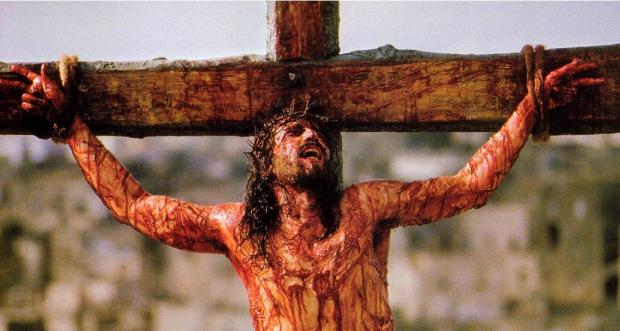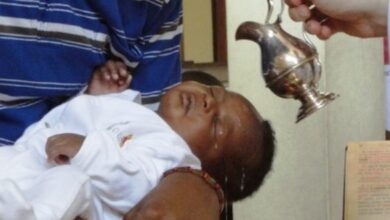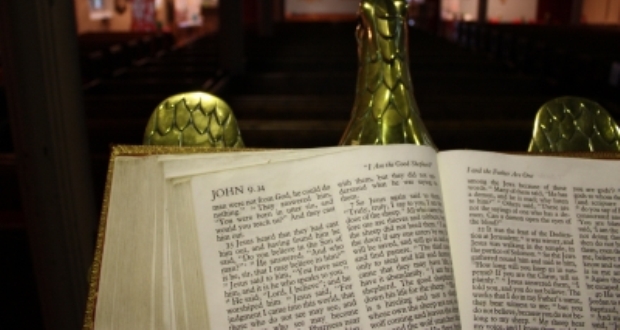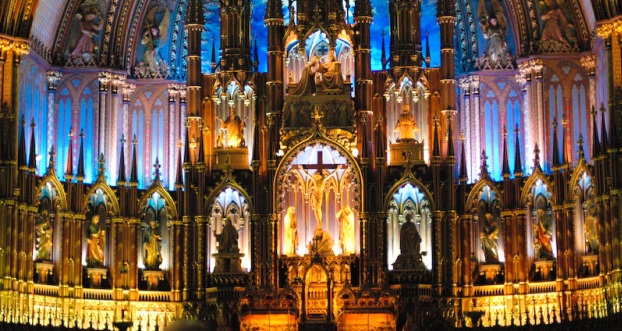Why Catholics have Crucifixes in our churches…don’t we believe Jesus has risen?

St. Paul writes in 1 Corinthians 1: 23. “… we are preaching a crucified Christ…” Now why would he do that? Why would he preach a crucified Christ? Surely he must know that Jesus rose from the dead! He most certainly knows, and his reason for preaching Christ crucified comes after as he continues, “. . . . to the Jews an obstacle they cannot get over, to the gentiles foolishness, but to those who have been called, whether they are Jews or Greeks, a Christ who is both the power of God and the wisdom of God.”.
In 1 Corinthians 2: 2, Paul also writes, “I was resolved that the only knowledge I would have while I was with you was knowledge of Jesus, and of him as the crucified Christ” Again, why is Paul speaking about the crucified Christ? Doesn’t he know that Jesus Christ rose from the dead? Of course, he did.
Paul knew fully well what he was doing. He knew that an empty cross has no power whatsoever, and that is why he preached Christ crucified. It is the cross that bears the beaten and tattered body of Jesus Christ, covered in blood that is the “power of God”. This is why, we Catholics “keep Jesus on the cross,” because we, too, preach, profess and proclaim the crucified Christ – the Power and the Wisdom of God. Not only does the crucifix remind us of the power of God, but it also reminds us of His infinite love for us sinners – giving up for our sake and in our place, His only Son Jesus Christ, the precious and spotless Lamb of God, to suffer death.
In Luke 9: 23, Jesus says, “Then, speaking to all, he said, ‘If anyone wants to be a follower of mine, let him renounce himself and take up his cross every day and follow me..” Therefore in this life, we are called more to share in the we do not share suffering of Jesus on the cross than in the glory of the Resurrection; after all, we must take up our cross daily if we are to follow Jesus.
And again in Romans 6: 8, St Paul tells us, “But we believe that, if we died with Christ, then we shall live with him too.” And where did Christ die? On the cross. The Crucifix serves to remind us of these things.
In this passage, St Paul wrote rather strongly to the people in Galatia saying, “You stupid people in Galatia! After you have had a clear picture of Jesus Christ crucified, right in front of your eyes, who has put a spell on you?” (Galatians 3: 1) Now that definitely sounds like the people of Galatia were taught the importance of the crucifix by the early Church Fathers, and then they deviated from it. In this passage, clearly they were not complemented for turning away from the crucifix and Christ crucified were they?






